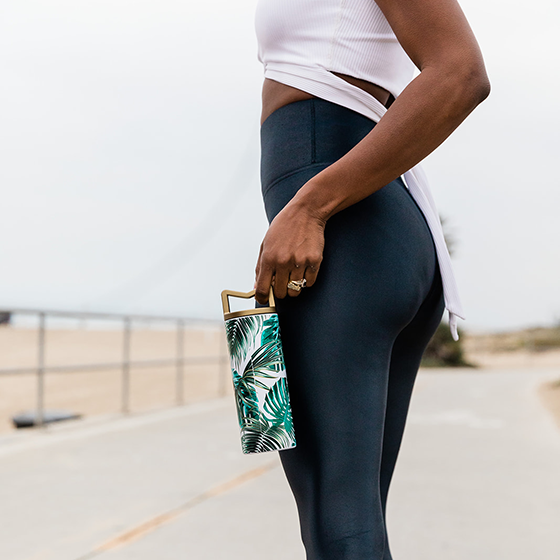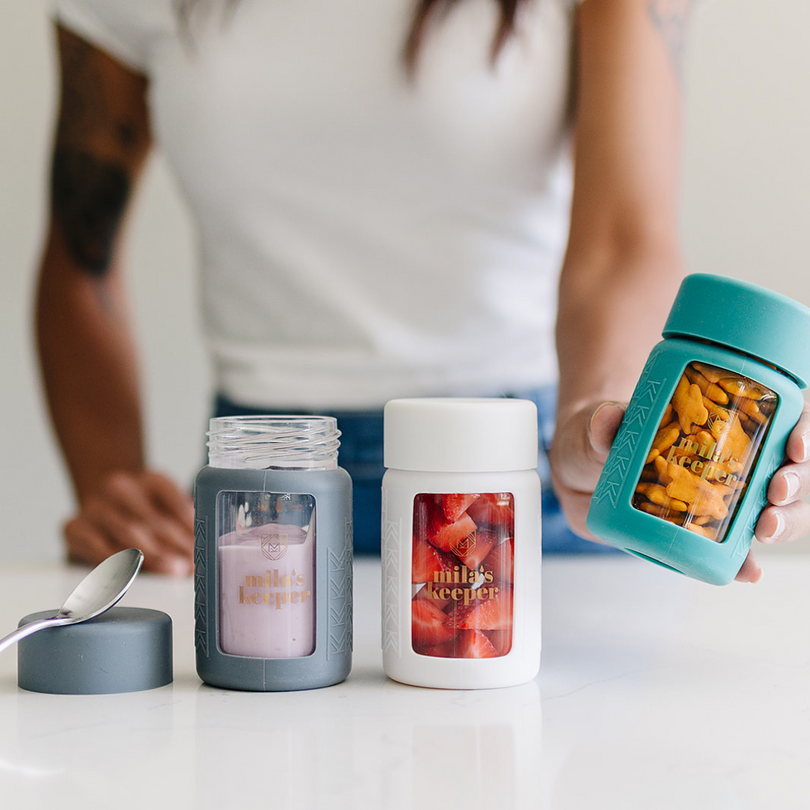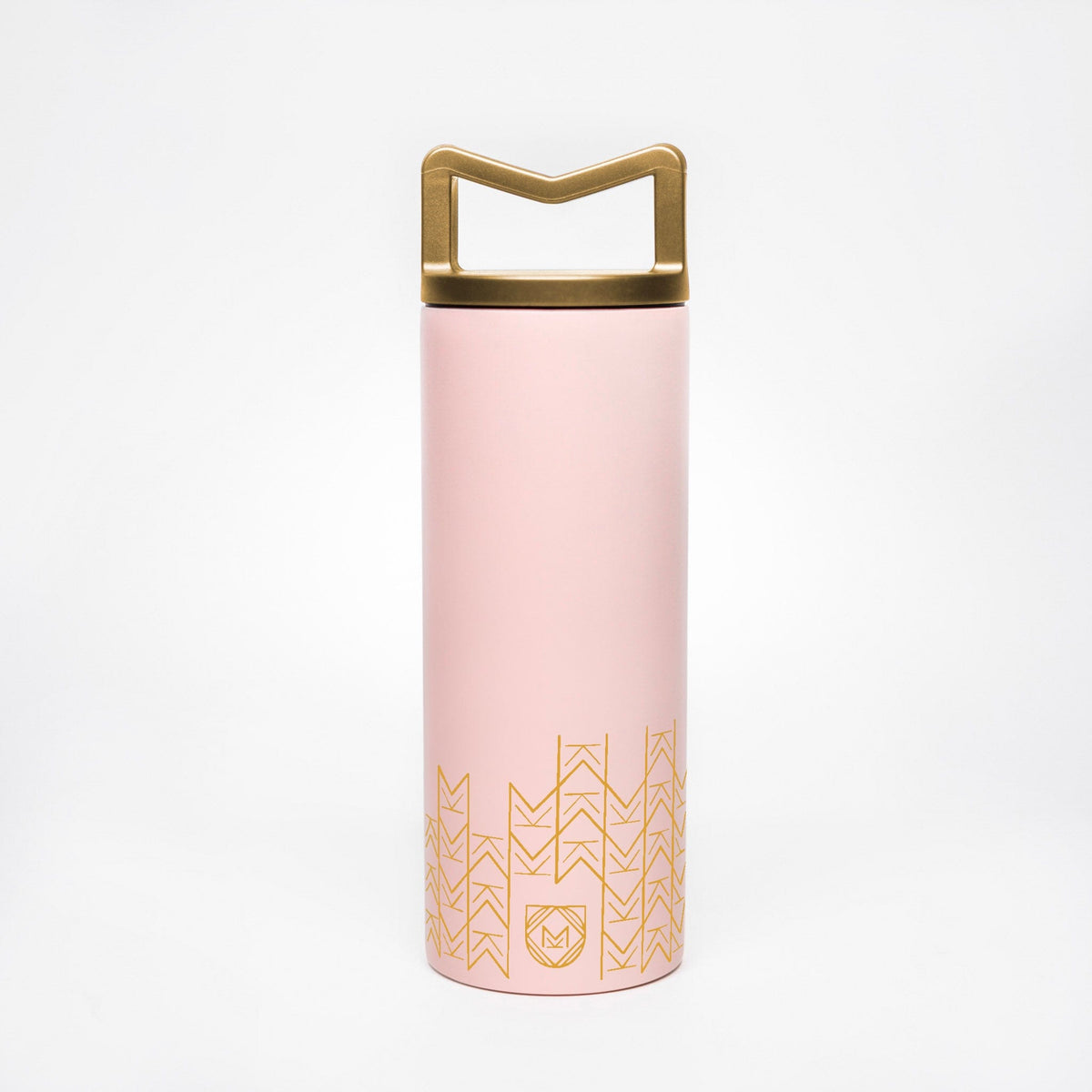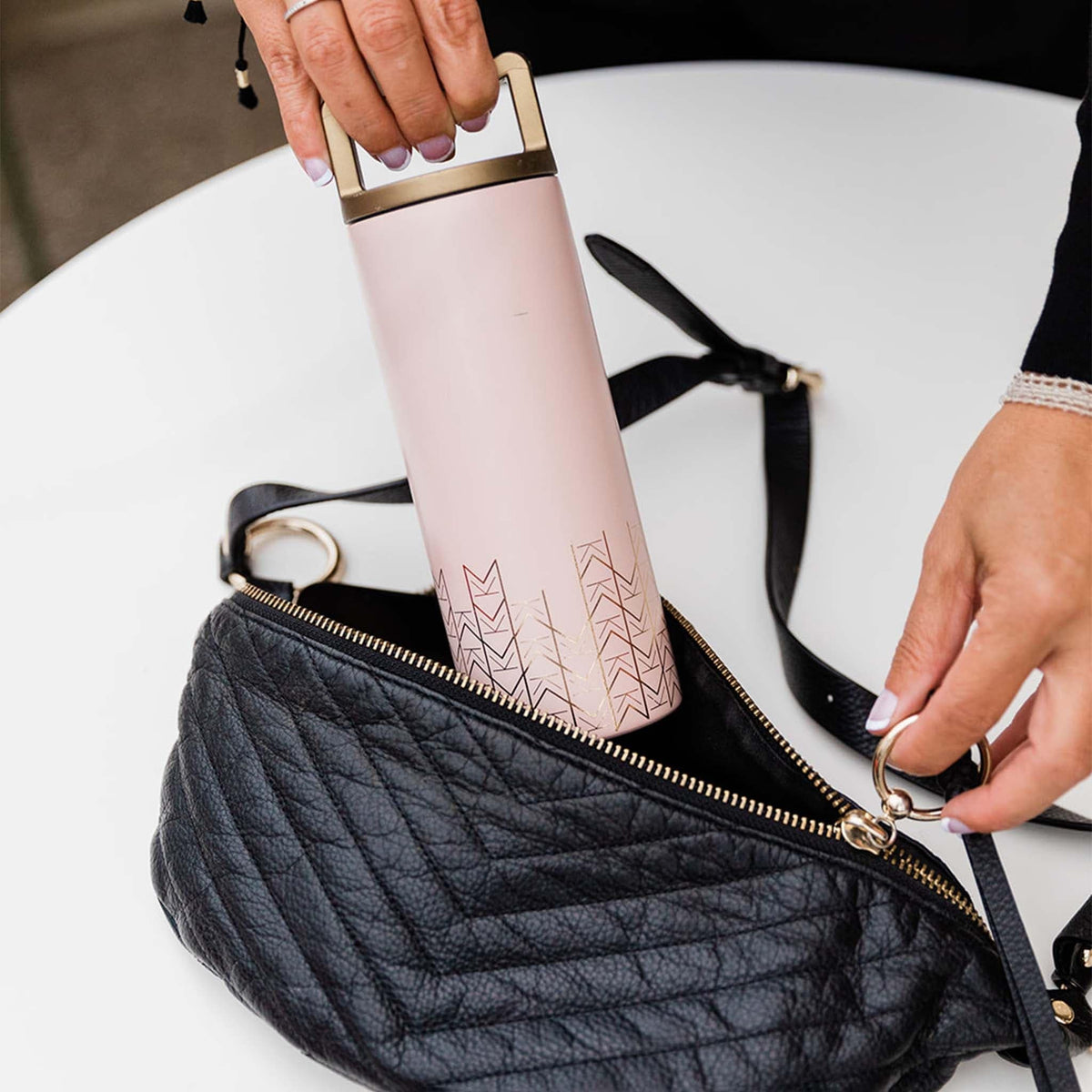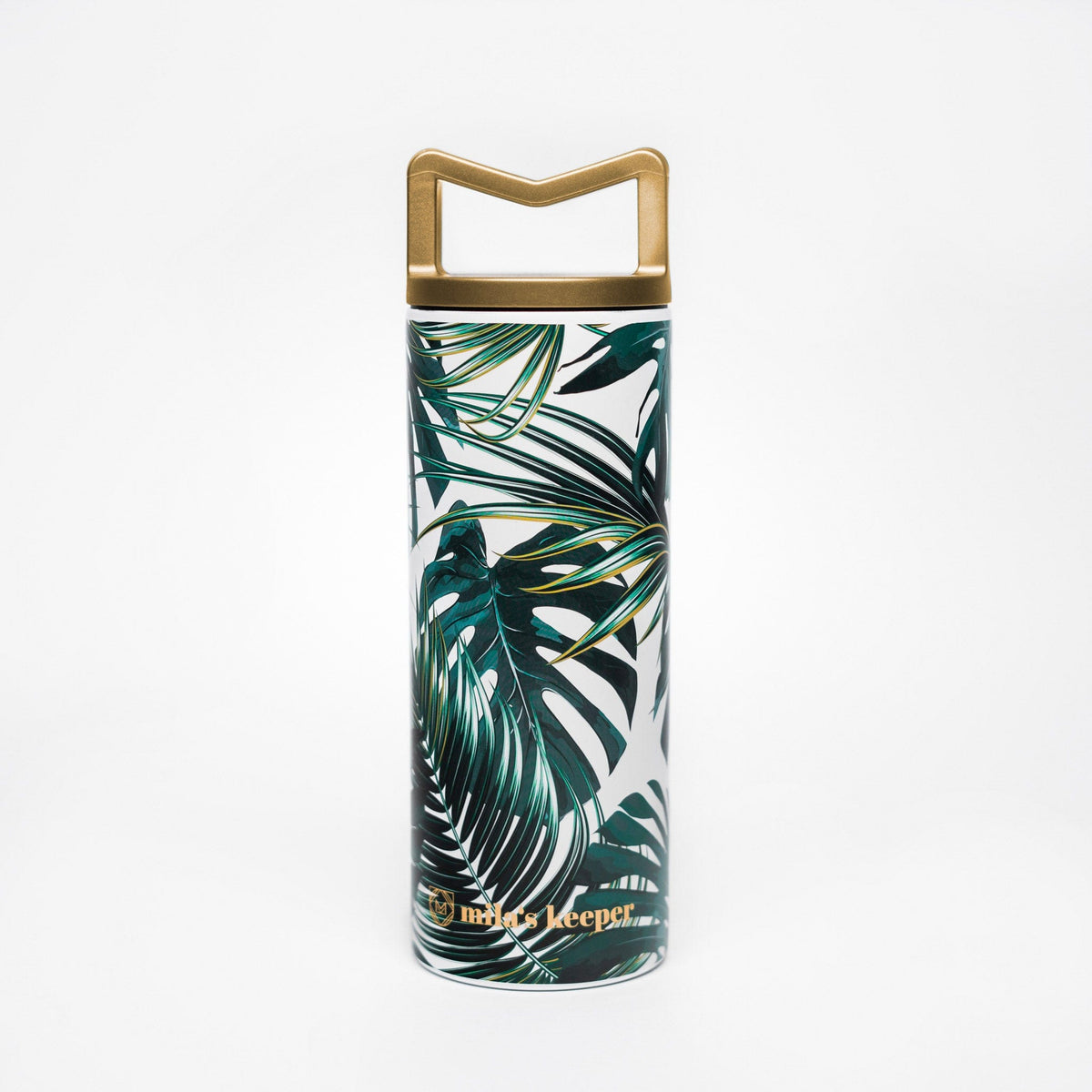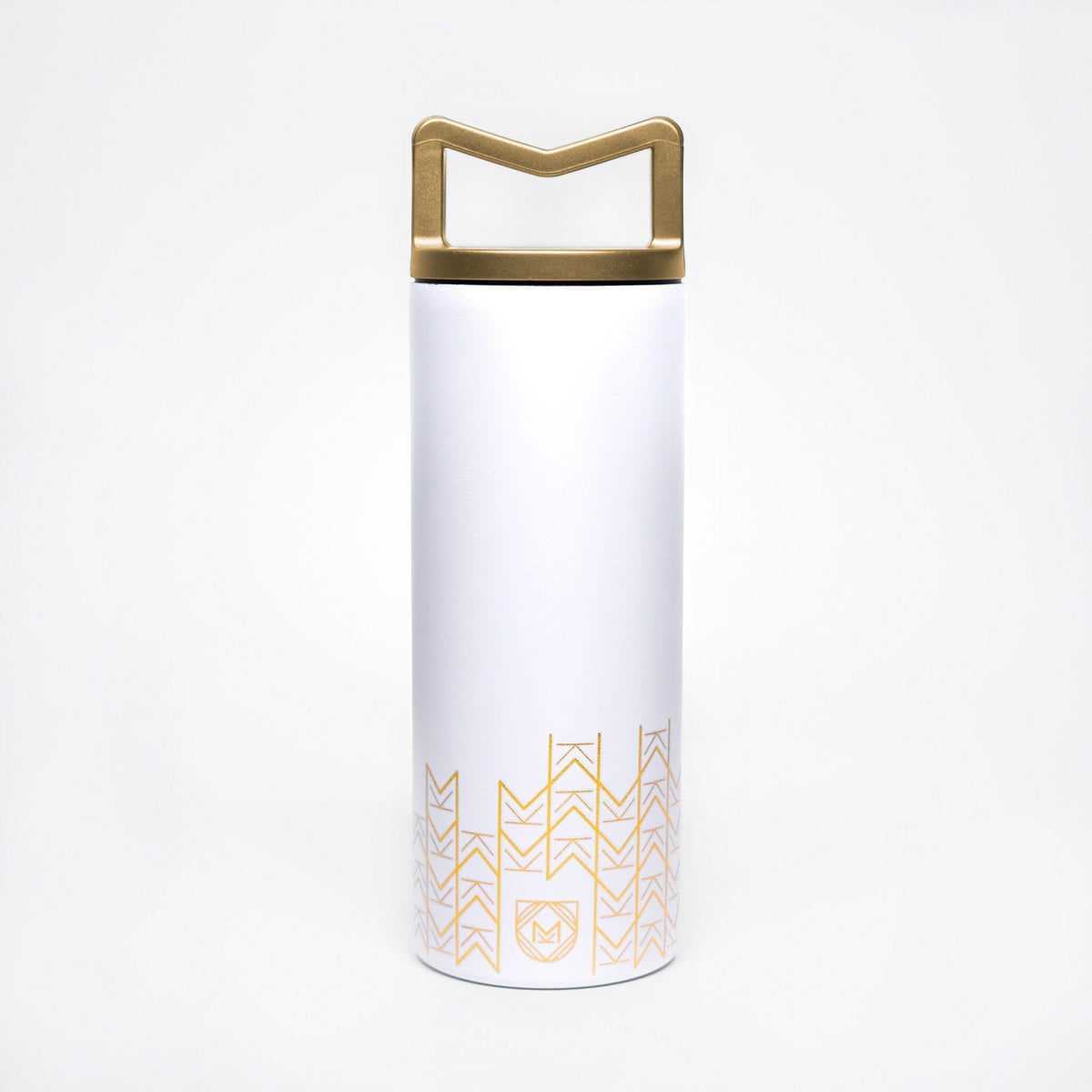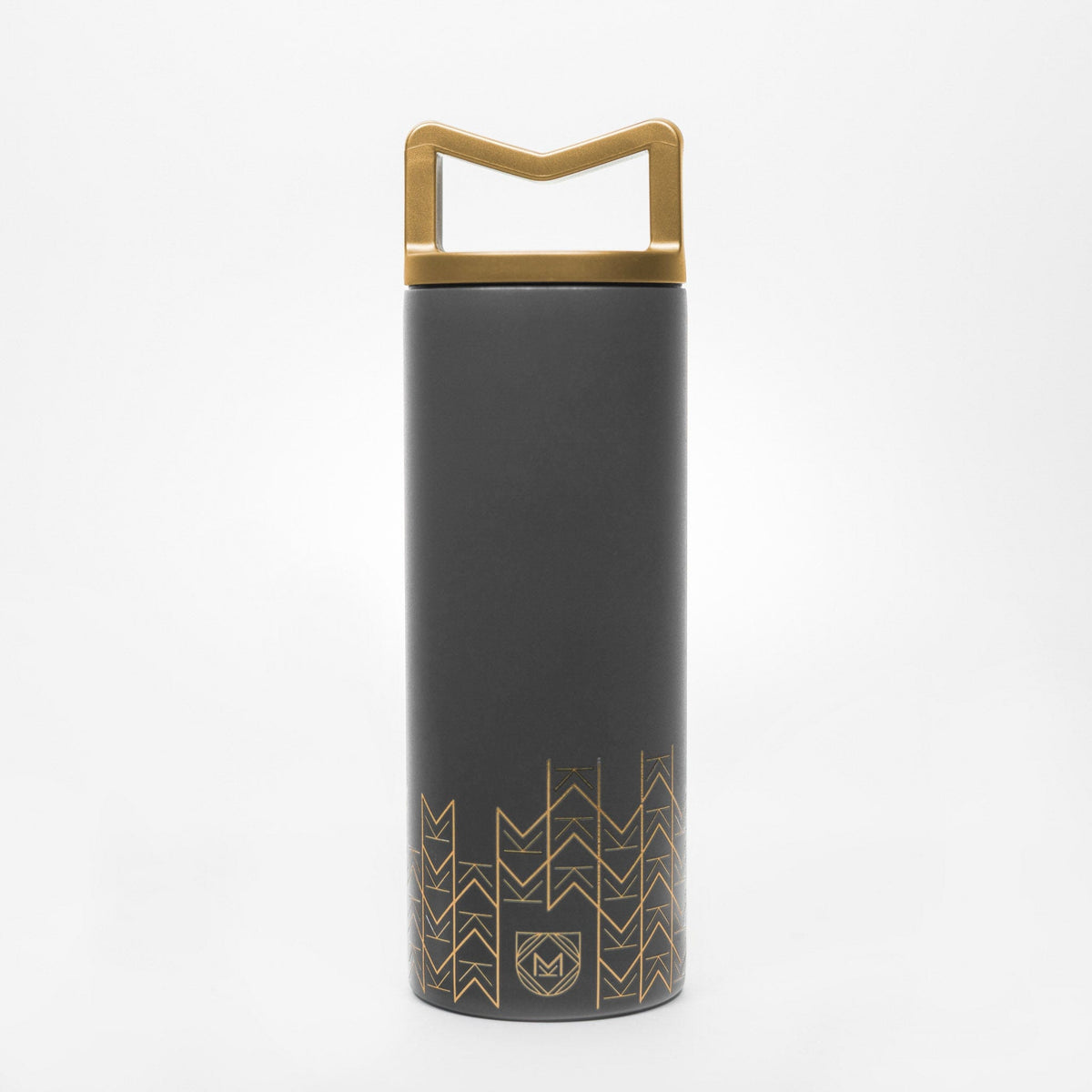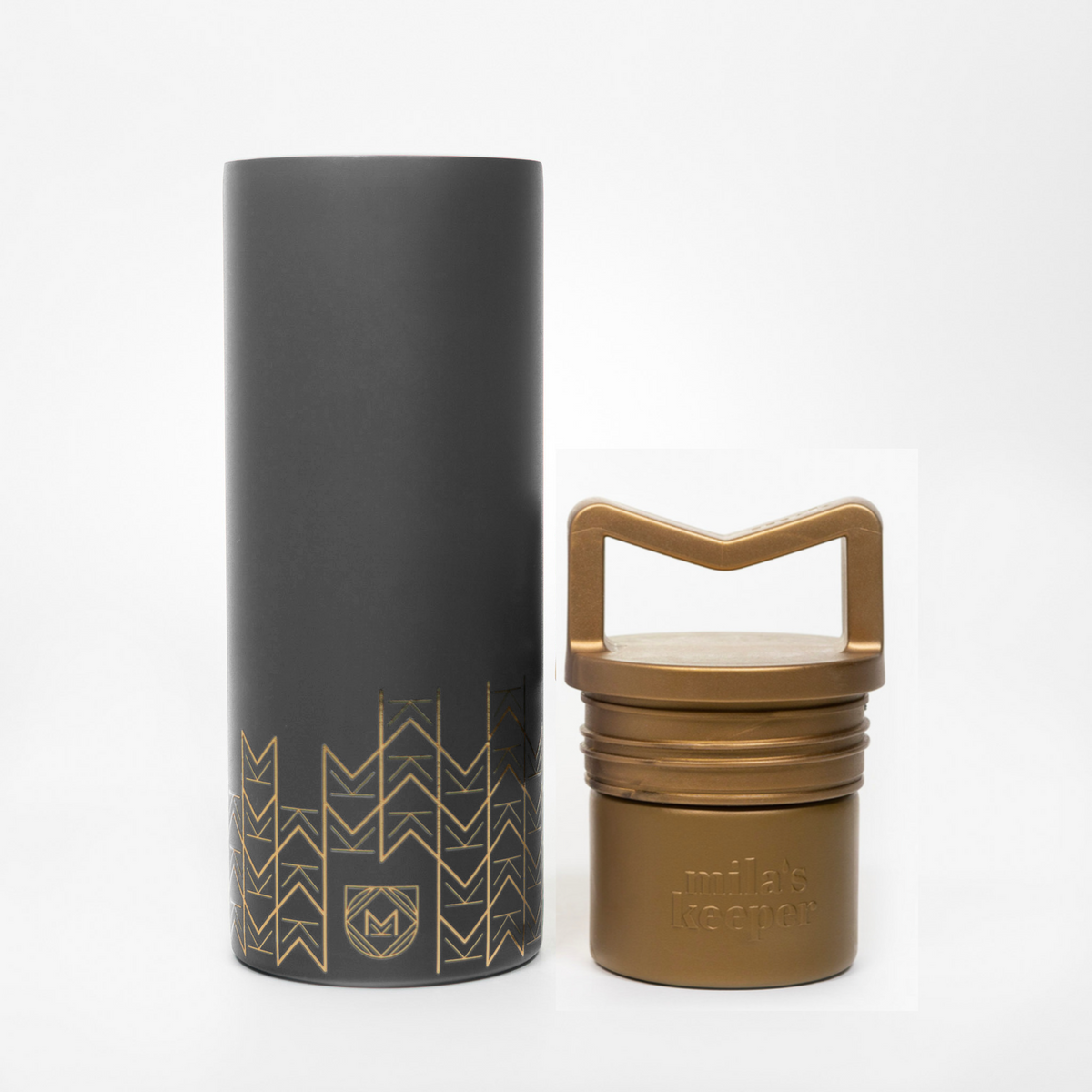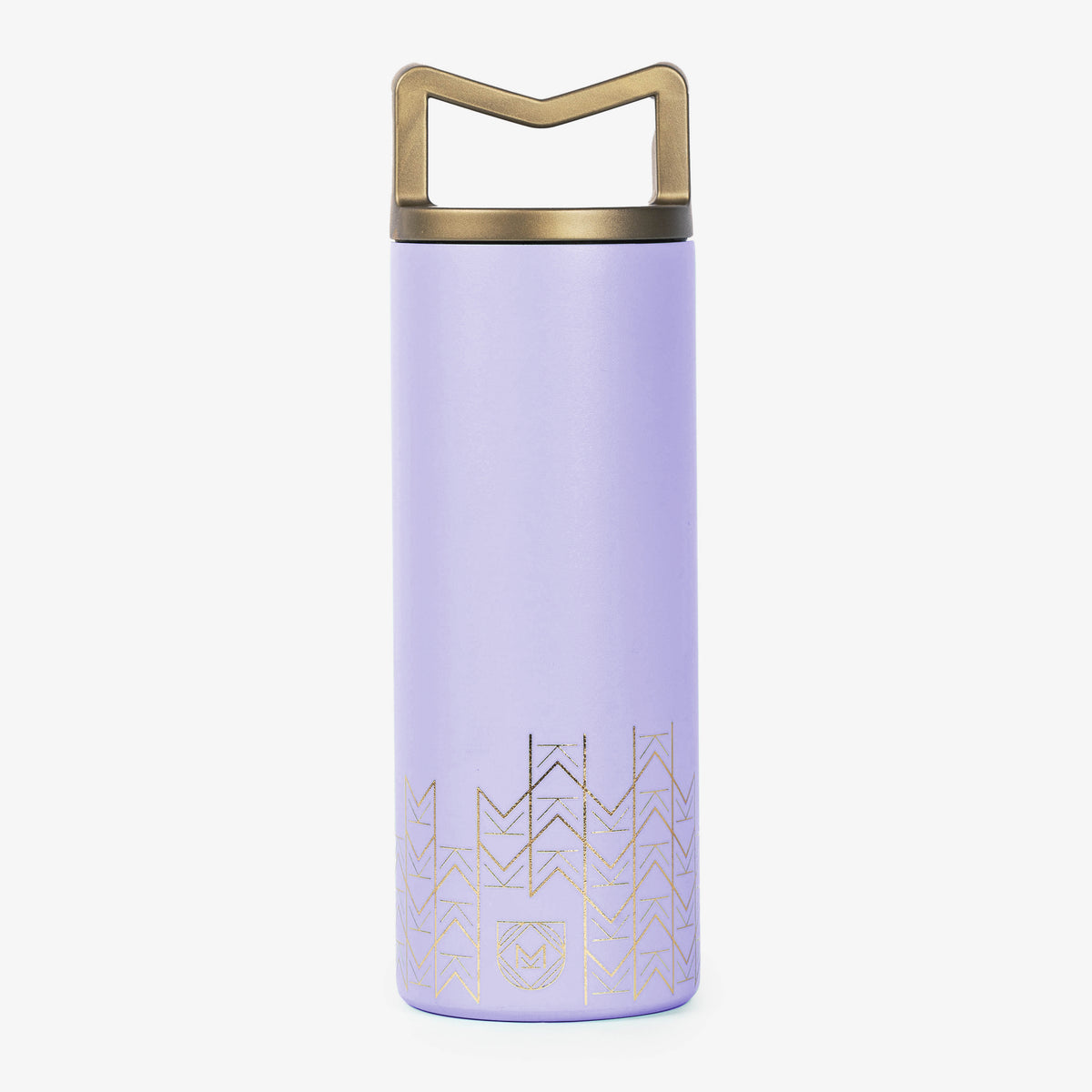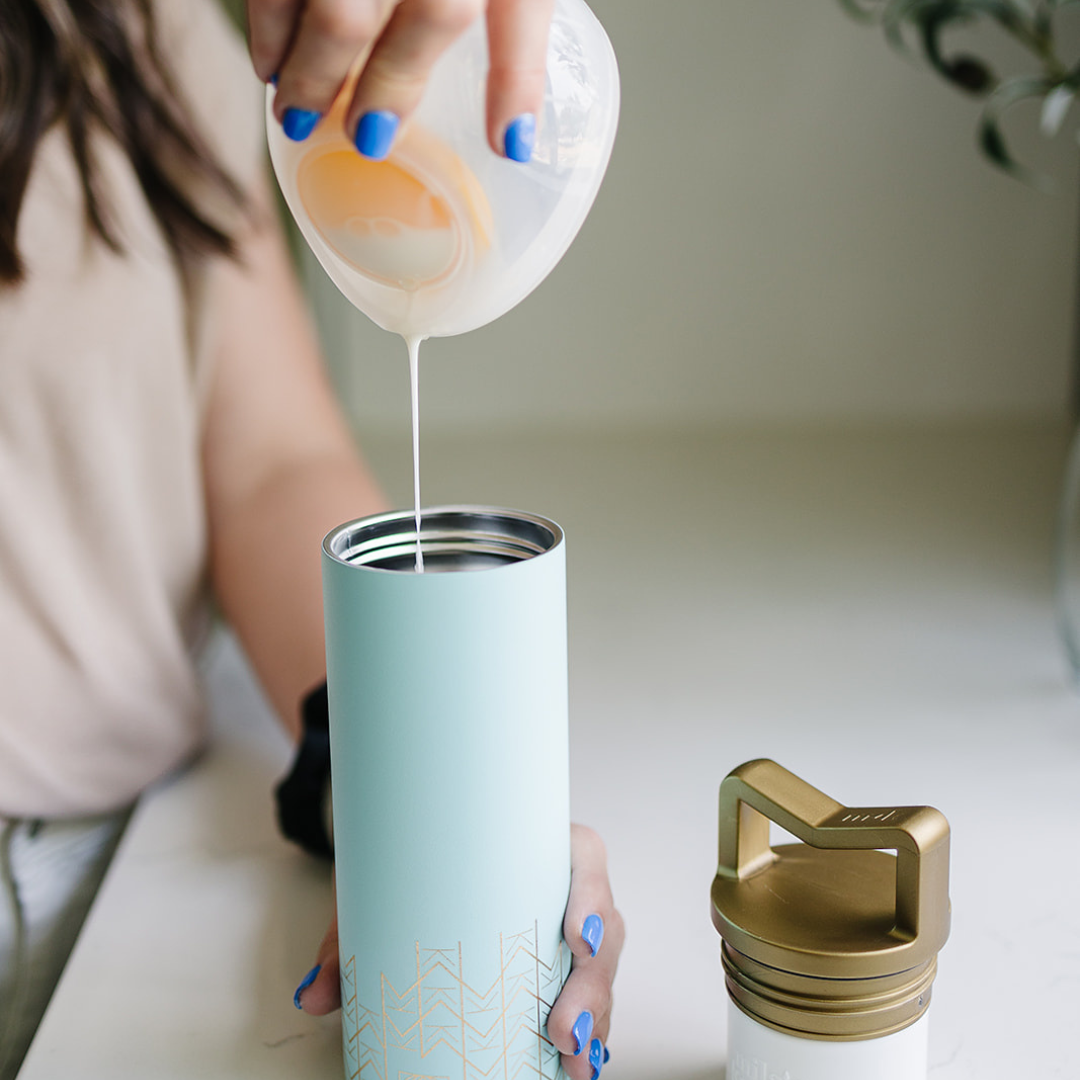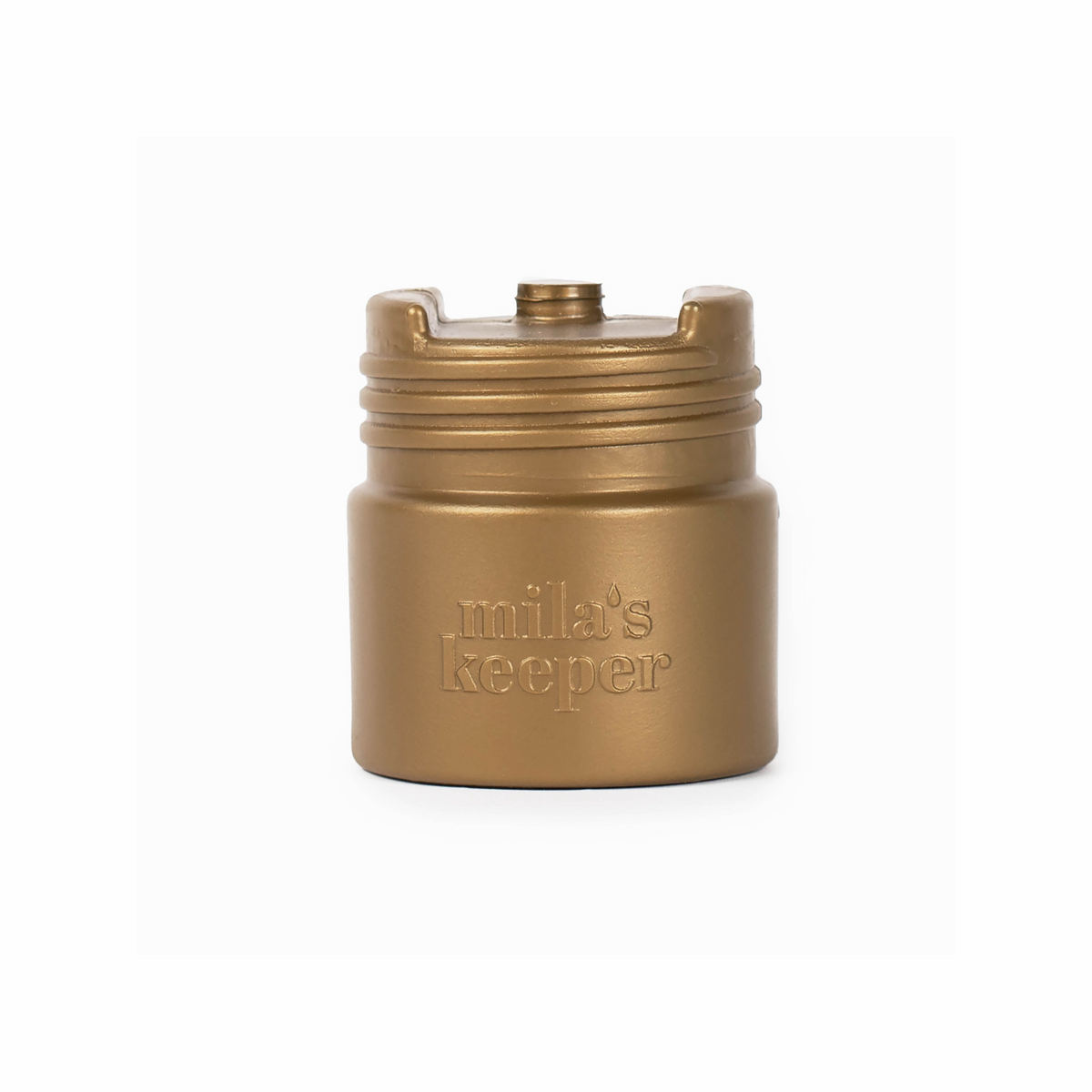Breastfeeding is a beautiful bonding experience between a mother and her baby, with the benefits to both mamas and their babies well known. It provides not only nourishment but also a unique connection that fosters growth and well-being for the infant. However, for some mothers, maintaining a steady milk supply can be a bit of a challenge. This is where lactation supplements come into play, offering a potential solution to support and enhance milk production.
Lactation Supplements: An Overview
If you find yourself struggling to provide enough breast milk for your baby or are hoping to amp up your production to increase your supply before returning for work, you’ve likely searched for ways to increase your milk supply and have come across lactation supplements.
A lactation supplement, or a galactagogue, derived from the Greek word “galacta” meaning milk, is something like food, herbs, or medicine that helps amp up breast milk production.
The choice to use lactation supplements is a personal decision. These supplements can really help some breastfeeding moms, giving that extra nudge to produce more milk, especially if you’re struggling to make enough for your little one. The ingredients in these supplements are believed to balance your hormones and support your breast glands, making more milk available for your baby.
Before incorporating any lactation supplement into your routine, it's essential to consult with a healthcare provider, such as a lactation consultant or a doctor. They can provide personalized advice based on your specific circumstances, health history, and individual needs. They can also ensure that the supplement is safe and appropriate for you and your baby.

How a Breastfeeding Supplement Works
Understanding lactation and milk supply
While pregnant, progesterone, a hormone produced by the placenta, keeps milk production in check. After the baby is born and the placenta is delivered, progesterone levels plummet rapidly. When coupled with elevated prolactin levels, this drop in progesterone signals the start of full-fledged lactation.
According to Le Leche League, “the most common reason for genuine low milk supply is a slow start with breastfeeding, when not enough milk was removed from your breasts in the early days after birth. It may be possible to turn this around, with prompt action. Some other causes of low milk supply, such as previous breast surgery and some hormonal conditions, may mean that there is a limit to how much milk you can produce.”
If you’re looking for ways to increase your milk supply, a good place to start is by increasing the amount of times you’re nursing or pumping. As your breasts accumulate milk, a protein called the “Feedback Inhibitor of Lactation” (FIL) kicks in, slowing down the milk-making process. Full breasts produce milk at a slower rate, and eventually, they might stop altogether. On the flip side, well-drained breasts replenish milk faster. That’s why, if you want to make as much milk as possible, it’s essential not to wait until your breasts feel full before you feed or pump. Waiting too long can decrease milk production over time.
If you’re still having issues with milk supply after amping up nursing or pumping sessions, and have ruled out other causes with your healthcare provider, it might be time for you to give breastfeeding supplements a go.
The science behind lactation supplements
The science behind lactation supplements centers on leveraging certain herbs, nutrients, and compounds to potentially boost milk production in breastfeeding mothers. Many lactation supplements contain ingredients like fenugreek, blessed thistle, fennel, and brewer’s yeast, which are believed to have galactogenic properties.
Scientific research on the efficacy and safety of lactation supplements is ongoing, but some studies do back up what generations of breastfeeding women have claimed about some of these supplements.
One study involved 60 healthy moms whose babies were in the NICU at Ain Shams University for over two weeks. These moms were manually pumping breast milk. They were split into two groups: one group drank fenugreek tea and pumped eight times a day, while the other group only pumped eight times daily without fenugreek. They measured the milk pumped at day 3, day 8, and day 15. They also checked prolactin levels at day 3 and day 15 at 9 a.m.
The findings showed that by day 3, the moms who had fenugreek tea produced more milk compared to the control group. However, by day 8 and day 15, both groups produced a similar amount of milk each day. The prolactin levels were significantly higher on day 3 for the fenugreek group compared to the other group, but there was no significant difference later on.
The study found that using fenugreek notably impacted the early phase of milk production and prolactin levels. However, it didn’t affect the volume of established breast milk or the change in prolactin levels during later stages. This suggests that fenugreek can be a valuable tool to boost milk production and prolactin levels, particularly in the initial stages of lactation.
While lactation supplements may work for some individuals, it's important to note that their effectiveness can vary from person to person.

Top Lactation & Breastfeeding Supplements
The following are some of the most discussed supplements to increase milk supply while pregnant.
1. FENUGREEK
Fenugreek is a popular herb known for its potential to boost milk supply. It contains compounds that may mimic estrogen and stimulate mammary glands, aiding in increased milk production.
2. Blessed Thistle
Blessed thistle is another herb believed to have galactogenic properties. It's thought to work by stimulating the production of prolactin, a hormone essential for milk production.
3. Fennel
Fennel is often included in lactation supplements for its potential to promote lactation. It too may have estrogen-like effects, contributing to improved milk flow.
4. Milk Thistle
Milk thistle is known for its potential to support liver function, which can indirectly benefit lactation. A healthy liver is essential for overall well-being, including optimal milk production.
5. Goat's Rue
Goat's rue is an herb that has been used historically to support lactation. It's believed to stimulate mammary tissue and aid in increasing milk production.
6. Shatavari
Shatavari is an Ayurvedic herb that is often used to support female reproductive health, including lactation. It is believed to balance hormonal levels and promote milk secretion.
7. Alfalfa
Alfalfa has estrogen-like properties and is believed to enhance pituitary function. This is presumed to be the mechanism behind its potential to boost breast milk production.
8. Brewer's Yeast
Brewer's yeast is a rich source of B vitamins and minerals like iron. It's often included in lactation supplements for its potential to increase energy levels and support milk production.
Choosing the Right Lactation Supplement
Taking herbal and traditional remedies during breastfeeding can be a bit of a gray area because they aren’t closely regulated. Some remedies can potentially seep into your breast milk, possible impacting your little one. We don’t have enough solid information to confidently say if most of these remedies are safe while breastfeeding. While anecdotal evidence seems promising for some of these supplements, most of these remedies just don’t have the scientific backing to prove if they actually work or not.
Be cautious if you use vitamins to increase breast milk supply, and don’t take more than the recommended amounts. Weigh any potential side effects against the potential benefits.
Even the highly touted supplements, like Fenugreek, come with some warnings attached. Taking too much Fenugreek can lead to a risky dip in blood sugar levels. Some folks might also have allergic reactions to Fenugreek. There have been cases where Fenugreek, either on its own or with other herbs, caused issues with the liver. If you're expecting, it's important to note that using higher amounts of Fenugreek during pregnancy—more than what you'd typically get from food—has been associated with higher risks of birth defects in both humans and animals. As for using Fenugreek while breastfeeding in larger amounts than what's in food, there's still limited knowledge about its safety
One look at the use of Goat’s Rue cautions that it could potentially cause hypoglycemia.
Wondering can you start taking lactation supplements while pregnant? You're probably best off sticking to prenatal vitamins while you're pregnant. Be sure that before you start taking supplements to increase your milk supply, you do your own research and speak with your healthcare provider. You can also speak with them about when to start taking lactation supplements.
Healthy Breastfeeding Snacks
Snacking while breastfeeding is not just a matter of satisfying hunger; it's a vital practice that nourishes both the mother and her baby. When you're breastfeeding, your body requires extra calories and nutrients to support milk production and sustain your own energy levels. Snacking throughout the day helps to keep your metabolism active and provides a continuous source of nutrition, aiding in the production of quality breast milk for your little one.
Certain foods are also thought to boost milk supply, and incorporating these into snacks can be a game-changer. Ingredients like oats, nuts, seeds, and dairy products can naturally enhance lactation. For moms seeking snack ideas, quick and nutritious options like Greek yogurt with berries, a handful of almonds, or a banana with peanut butter are excellent choices.
Lactation cookies are a popular snack for nursing mothers. There are ready-made options that can easily be found at local grocery stores, many using ingredients like oats, brewer’s yeast, flaxseed, and fenugreek. Whether or not these cookies work is still up for debate.
One recent study looked at 176 parents in the U.S. with healthy two-month-old babies who were exclusively breastfeeding. One group of parents had lactation cookies each day for a month, while the other group had regular cookies that don’t boost milk production. The parents reported how much milk they pumped using a hospital-grade breast pump every week. The results showed that eating lactation cookies didn’t really make a big difference in how much milk was made or perceived to be made by parents.
If you want to give lactation cookies a try without spending the money for the pre-packaged option, you can find plenty of lactation cookie recipes online with similar ingredients.
Incorporating these nutritious and galactagogue-rich snacks into your daily routine can make a positive impact on your breastfeeding journey. Remember, taking care of yourself through mindful snacking ultimately translates to better care for your little one.
Other Ways to Boost Milk Supply
We should all know by now the importance of eating a healthy diet and getting enough fluids while breastfeeding. Make sure that you’re getting enough water throughout the day, along with enough rest. Try nursing on demand, and allowing your baby to drain the breast at each feeding.
Mothers milk supplements can play a supportive role in a breastfeeding mother's journey by potentially enhancing milk supply. However, they should be used with caution and under the guidance of a healthcare professional. Ultimately, a balanced diet, proper hydration, and effective breastfeeding techniques are vital factors in maintaining a healthy milk supply. A happy and well-nourished mother ensures a thriving breastfeeding experience for both herself and her baby.
If you think that you need assistance or advice on how to increase your milk supply, a good first step is to find a lactation consultant, or a breastfeeding support group- both of which might be something provided by the hospital where you gave birth, or your OBGYN office, so check with both for any available resources. They can go over various options and recommend a supplement to help produce breast milk, if that's what you want.
Modern Breastfeeding Supplies from Mila’s Keeper
If you're trying to increase your pumping frequency, you can pump directly into our Glass Breast Milk Storage Bottles which can then go into our insulated Breast Milk Cooler to keep breast milk at the right temperature while you’re on the go. Our products are designed to make your breastfeeding experience more convenient, wherever you are!
Keep Reading related blog: 9 Reasons Why You Should Speak With A Lactation Consultant
A female-designed and female-run company, Mila's Keeper is on a mission to empower women to thrive during their breastfeeding journey by offering reusable, eco-friendly breast milk storage solutions for their day-to-day needs. Get the latest tips and info on Mila's Keeper products by following us on Facebook, Twitter, Instagram, Pinterest, and LinkedIn.

